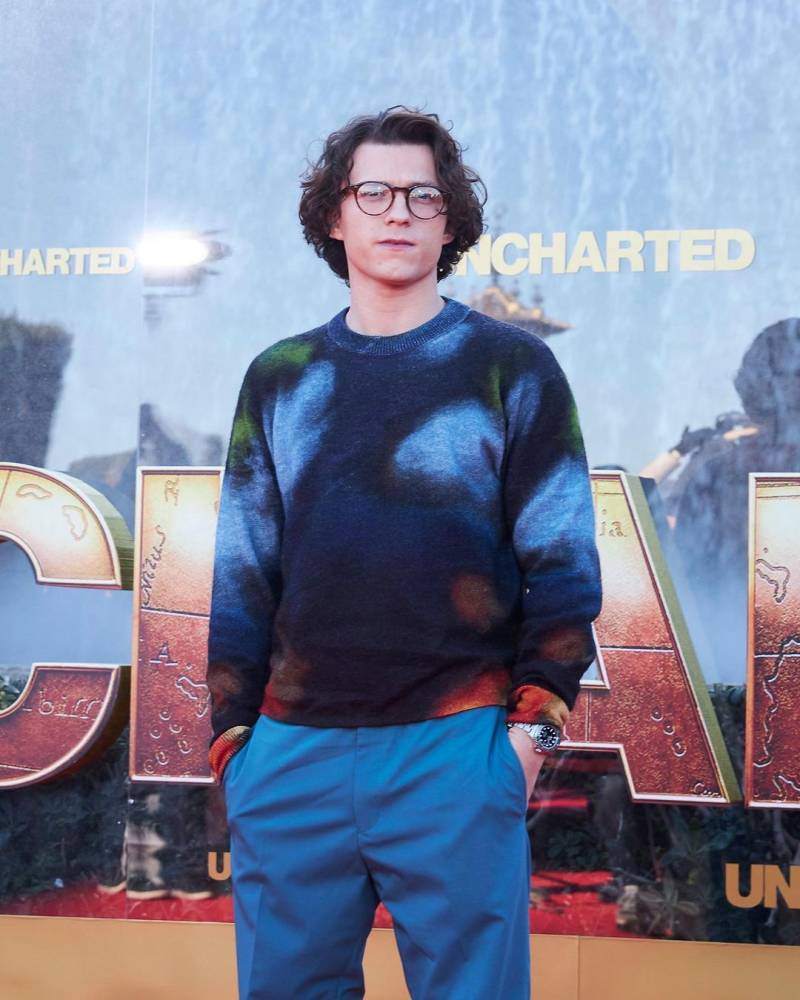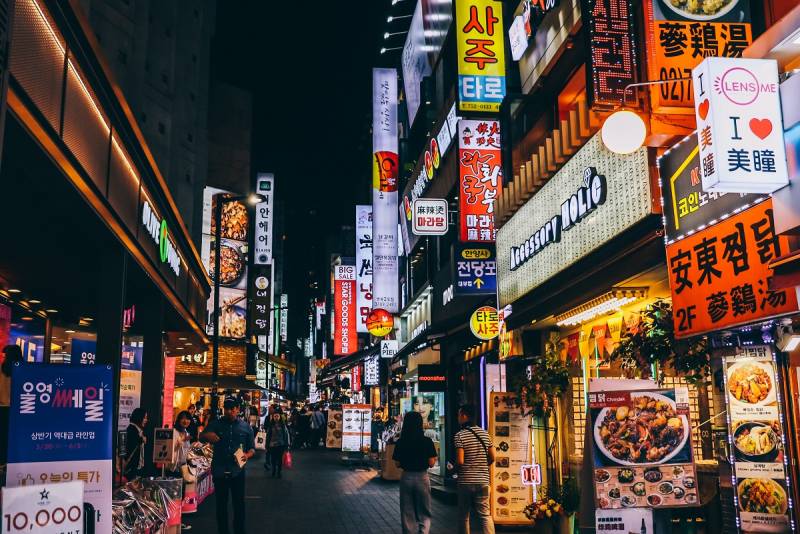When "Uncharted," a big-budget version of the famous video game, was given a release date in China, Sony officials breathed a sigh of relief.
The Chinese government, which has complete control over which films are shown in its theaters (and when they are shown), has recently become extremely picky about which non-Chinese films are allowed to be shown in the country's tens of thousands of locations. As a result, several of Hollywood's greatest pandemic-era blockbusters were denied entrance to Chinese theaters, including "Spider-Man: No Way Home," "Shang-Chi and the Legend of the Ten Rings," and "Eternals." The lack of such films has lost them tens, if not hundreds, of millions of dollars in box office receipts.
That was the case with the latest James Bond sequel “No Time to Die,” which made $64 million in China, and director Denis Villeneuve’s “Dune” remake, which earned $39 million in China — far less than their studios would have hoped when they were greenlit years ago. “Death on the Nile” continued that trend, debuting to a paltry $5.9 million over the weekend. The star-studded murder mystery from Kenneth Branagh will struggle to match the box office receipts of its predecessor, 2017’s “Murder on the Orient Express,” which made $34.6 million in China.
Reaching the billion-dollar threshold without playing in China is no longer a given in the present international order. In many circumstances, it has gone completely out of reach. It's a problem since these large-budget tentpoles were made in a different era: not just before the epidemic, but also when China was a huge fan of Hollywood movies. The popularity of series such as Disney's Marvel Cinematic Universe and "The Fast and Furious" provided executives the confidence to increase production expenses, knowing that a successful showing in China would pay off handsomely.
"Uncharted" has already proven to be a box office success. The picture has so far made $139 million worldwide, indicating that "Uncharted's" route to profitability may not be as clear as it appears. The long-gestating tentpole collected a huge $51 million domestically through the extended holiday weekend and another $55.4 million from 62 overseas markets, bringing its four-day tally to $106 million globally. That’s an unusually robust start for a non-sequel, and a sign of Holland’s new box office prowess outside of his stint as Spider-Man.
“One is there’s a broader trend toward Chinese moviegoers preferring Chinese entertainment,” Schwartzel recently told Variety. “This feels more charged than that. It feels like an effort to punish America as tensions rise.” He adds, “There also seems to be an effort within China to stir nationalism and keep outside influence out.”
Other elements weighing against Hollywood include China explicitly using film imports to punish political enemies (the U.S., South Korea, India) and woo potential friends (Russia, Japan, Italy and India again), as well as the shortage of Hollywood tentpoles in 2020 when U.S. theaters were closed and Chinese turnstiles were still spinning.
In 2018 and 2019, China also restructured its film industry to control the number of films that were made elsewhere. Between 2012 and 2019, China had approved 45 to 55 U.S.-produced movies each year, according to Comscore. But as China overtook the U.S. as the biggest theatrical market in 2020 and 2021, the amount dropped notably to roughly 31 movies each year. So far in 2022, just six U.S.-made films have been accepted to play in China. All of this has played out against a fraught geopolitical backdrop as tensions have risen between the U.S. government and the Chinese government over everything from trade to Russia’s moves in Ukraine.
"Uncharted" will have been released in the United States for more than three weeks by the time it arrives in China. Some feel that the gap between the film's domestic and Chinese premieres would cause problems since it will allow more bootlegged copies to reach the market. Others argue that the 25-day gap isn't substantial enough to be a concern because "Uncharted" is still only accessible in cinemas and not on streaming platforms.
Pandemic films including "Jungle Cruise," "Encanto," "The Matrix: Resurrections," and "Paw Patrol" flopped in China, owing to the fact that they did not arrive in Chinese theaters until months after their North American premieres. They were already old hat in China at the time, and easily available on pirate websites, thus they didn't sell well. “Encanto” appeared to have a solid chance of becoming a triumph in China since animated favorites like 2016’s Zootopia” made $236 million and 2017’s “Coco” earned $189 million there. Instead, Disney’s newest cartoon musical fable misfired, debuting to $3.2 million in early January and since collecting a meager $12 million. “PAW Patrol” suffered a similar fate, grossing just $12.7 million. And Dwayne Johnson, once a massive box office draw in China, steered “Jungle Cruise” to an abysmal $7 million.
Other planned films, such as Robert Pattinson's superhero escapade "The Batman," may not be affected by the scheduling. The Warner Bros. film will release in China on March 18, two weeks after its North American launch on March 4. Other films starring Christian Bale and Ben Affleck, such as "The Dark Knight Rises," which grossed $53 million in 2012, "Batman v Superman: Dawn of Justice," which grossed $97 million in 2016, and "Justice League," which grossed $106 million in 2017, have done well in China. Even with a somewhat delayed release date, box office gurus are optimistic about Bruce Wayne's popularity on the big screen.




